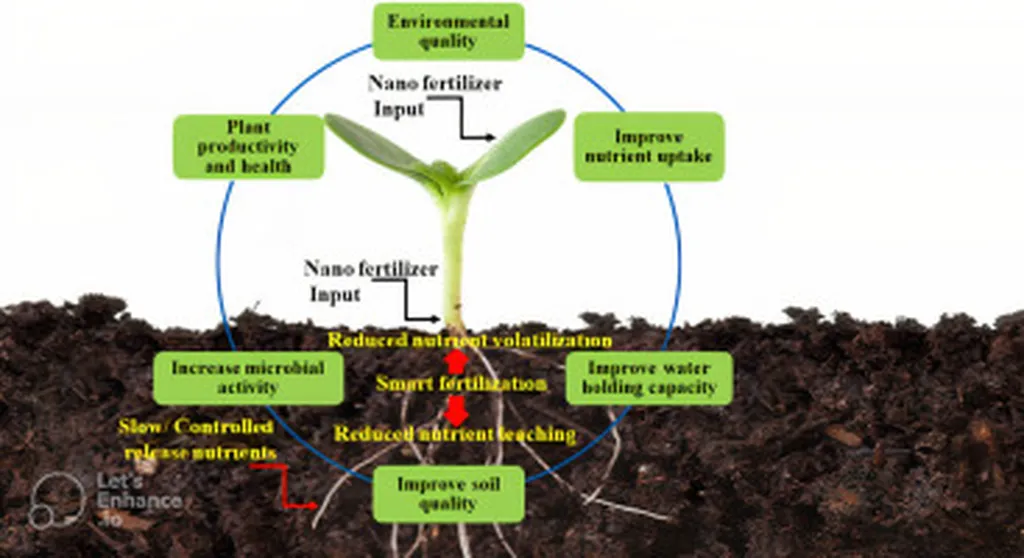In the heart of Bihar, India, a groundbreaking study is reshaping the future of cereal farming. Dr. Shivani Ranjan, a dedicated researcher from the Department of Agronomy at Tirhut College of Agriculture, has been delving into the world of nanotechnology to address one of agriculture’s most pressing challenges: the sustainable intensification of cereal production. Her work, published in the journal ‘Crop Design’ (translated to English as ‘Field Design’), is unlocking new possibilities for higher productivity and nutrient use efficiency in wheat, maize, and rice.
The global demand for cereals is skyrocketing, and conventional fertilizers, while effective, come with a hefty environmental price tag. “We’re seeing soil degradation, water pollution, and even health concerns linked to excessive fertilizer use,” Dr. Ranjan explains. “There’s an urgent need for sustainable alternatives that can boost yields without harming our planet.”
Enter nano-fertilizers. These tiny, innovative products are designed to deliver nutrients more efficiently, reducing waste and environmental impact. Dr. Ranjan’s review of recent studies reveals impressive results. Nano-fertilizers have been shown to increase the biological yield of wheat by 20–55%, maize by 20–40%, and rice by 13–25%. Moreover, grain yields have seen significant improvements: 20–55% for wheat, 22–50% for maize, and 30–40% for rice.
But what does this mean for the future of agriculture and the energy sector? For one, it opens doors to more sustainable farming practices, reducing the environmental footprint of cereal production. This is particularly relevant to the energy sector, as cereals are a vital component of biofuel production. Higher yields and improved nutrient efficiency could translate to more sustainable and efficient biofuel feedstocks.
Dr. Ranjan emphasizes the importance of careful management. “While nano-fertilizers show great promise, it’s crucial to use them wisely,” she cautions. “Overapplication can lead to adverse effects on plant health, so we must strike the right balance.”
The potential of nano-fertilizers extends beyond the field. As the world grapples with climate change and resource depletion, innovative solutions like these could pave the way for a more sustainable future. Dr. Ranjan’s work is not just about boosting yields; it’s about reimagining agriculture for the 21st century and beyond.
As we look to the future, one thing is clear: nanotechnology is not just a buzzword. It’s a powerful tool that could revolutionize the way we grow our food and fuel our world. And with researchers like Dr. Shivani Ranjan at the helm, the future of agriculture is looking brighter—and greener—than ever before.

